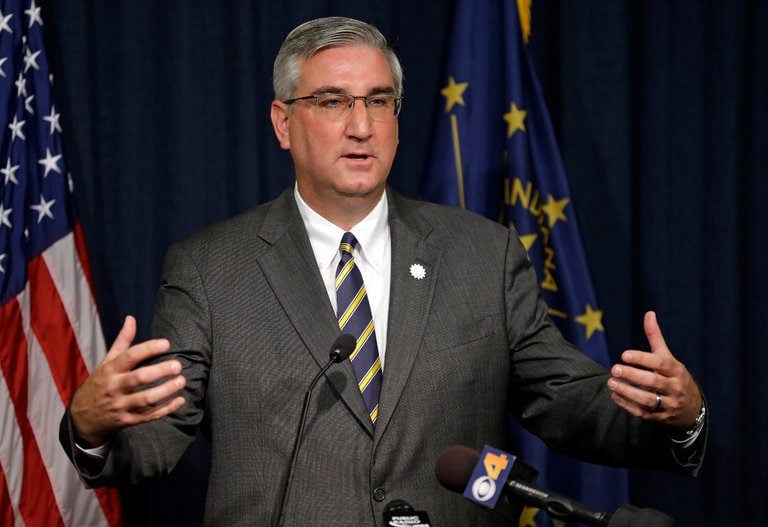Indiana Casinos’ Unusual $3 Admission Tax Might Be Headed for Exit Soon
Posted on: February 4, 2017, 02:30h.
Last updated on: February 3, 2017, 11:35h.
Indiana casinos might soon be allowed to eliminate the $3 admission fee per patron they’re currently forced to impose on visitors. That’s the good news. The bad news is that the state is looking to impose an additional three percent wagering tax on operators of the state’s 10 riverboats and one land-based casino. Indiana is also home to two racinos.

Indiana presently imposes a tax of between 15 and 40 percent on casinos, depending on their total gross gaming income.
Introduced by State Rep. Todd Huston (R-District 37), House Bill 1350 “changes the riverboat admissions tax to a supplemental wagering tax of 3 percent of a riverboat’s adjusted gross receipts.”
More importantly, should the bill become law, local communities in Northwest Indiana and throughout the state stand to receive less in the way of distribution dollars generated from the casinos. Indiana currently delivers about $48 million annually to regional governments, but Huston’s bill would reduce those expenditures by roughly $18 million.
Local communities collect the admission tax, but would need to bet on increased gaming revenues and the additional three percent tax to cover their entrance fee losses.
Increased Patrons, Increased Gambling?
Huston is touting his legislation as a way to encourage casinos to invest in their properties.
Huston wants the riverboats and racinos to elevate their game so to speak, in order to better compete with neighboring casinos in other states. Northwestern riverboats make a large chunk of their income by marketing towards the Chicago demographic, but Illinois lawmakers are currently deliberating a bill to expand gambling.
“We have to recognize that we’re not the only game in town anymore,” Huston told The Times, the second-largest newspaper in Indiana.
Raising taxes isn’t typically seen as a way to motivate businesses, but the state lawmaker believes ridding the $3 entrance fee will increase foot traffic and overall gaming revenues. However, statistics don’t necessarily support the suggestion. Increased admissions does not directly correlate to increased gaming.
The Times points out that the Blue Chip Casino in Michigan City ranked second in the state last year in admissions, but came in fifth in total wagering taxes.
Keep Indiana Great
Indiana Governor Eric Holcomb (R) replaced Vice President Mike Pence in the office after the former state leader headed to Washington, DC as President Trump’s second-in-command.
Pence maintained an anti-gambling position during his term. The socially conservative Midwesterner stated in the past that he’s personally never purchased a lottery ticket, and also believes some billionaires who own casinos have too much influence on politicians.
It’s worth mentioning that Las Vegas Sands billionaire Sheldon Adelson was rumored to be Trump’s largest donor during the 2016 campaign.
Holcomb is seen as more gambling-friendly than his predecessor. In addition to Huston’s legislation, a bill is circulating in the state that seeks to place a land-based casino in Terre Haute.
Full House Resorts, a Nevada-based gaming company that owns the Rising Sun Casino in the state, says it would be interested in investing in a property in Terre Haute should the bill pass.
“We’re looking to invest in Indiana, not neighboring states,” Full House Chief Development Officer Alex Stolyar said this week. “It’s going to give about $10 million a year to the city of Terre Haute, in addition to the jobs it’s going to create.”
No comments yet